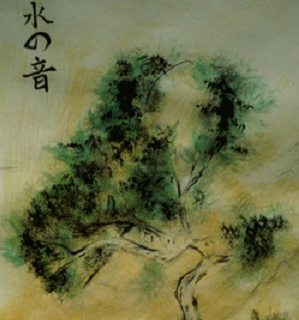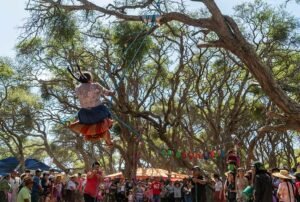
October 28, 2013; Taproot Foundation
Sometimes, the NPQ Newswire—or, more often, Ruth McCambridge’s “Editor’s Notes”—finds some poetry of significance to the social sector issues that NPQ covers. Usually, we find ourselves quoting classic poetry; most memorably, last year’s reprinting of Pablo Neruda’s “Keeping Quiet” to commemorate the anniversary of 9/11 and, a year earlier, on the one-year anniversary of Occupy Wall Street, D.H. Lawrence’s “Escape.”
So, we have a soft spot here for poetry, and try to cover nonprofit-related poetry stories: the White House poetry event that included rapper Common, which drew the ire of poetry aficionados Glenn Beck, Rush Limbaugh, and Sean Hannity; Bill Murray reading Emily Dickinson to construction workers at the new facility of the nonprofit Poets House in Lower Manhattan; and last year’s “Occupy Abai” protest in Moscow at the statue of Kazakh poet Abai Kunanbaev.
We therefore find great merit, albeit not quite so much great poetry, in the poem that a Taproot Foundation blogger composed in honor of the foundation’s recently concluded “Pro Bono Week.” We hope Taproot doesn’t mind that we’ve reprinted the brief poem here in full:
Pro Bono Week came
and then Pro Bono Week went.
In sum: Time well spent!
Sign up for our free newsletters
Subscribe to NPQ's newsletters to have our top stories delivered directly to your inbox.
By signing up, you agree to our privacy policy and terms of use, and to receive messages from NPQ and our partners.
It spread like wildfire:
The power of pro bono.
Sparks have grown to flames!
Two little haikus,
Both from us, poemed for you
Will you write one too?
Taproot has invited submissions of Pro Bono Week haikus as alternatives to 140 character Tweets to laud participants’ experiences that week. (NPQ has done this previously, asking readers to submit their mission statements as haiku.) Hopefully, budding poets might also remember the classics that also speak to the spirit of caring and self-sacrifice that animates people in the nonprofit sector. Reading to construction workers, Bill Murray might have chosen this piece from Dickinson (“If I Can Stop”) that celebrated what it means to give of oneself—pro bono, so to speak:
If I can stop one heart from breaking,
I shall not live in vain;
If I can ease one life the aching,
Or cool one pain,
Or help one fainting robin
Unto his nest again,
I shall not live in vain.
When we connect with our neighbors and friends through service, it is from a sense that we are all part of a larger whole, as in Octavio Paz’s “Brotherhood.”
I am a man: little do I last
and the night is enormous.
But I look up:
the stars write.
Unknowing I understand:
I too am written,
and at this very moment
someone spells me out.
Paz wonders what a small insignificant man’s role is in the universe. For many of us, our role in the firmament is one of brotherhood and service to others—at least that’s what “Brotherhood” inspires in this writer. As you think of pro-bono haikus for the Taproot Foundation, send us pieces from the classics that you think capture what the social sector does for our society.—Rick Cohen













